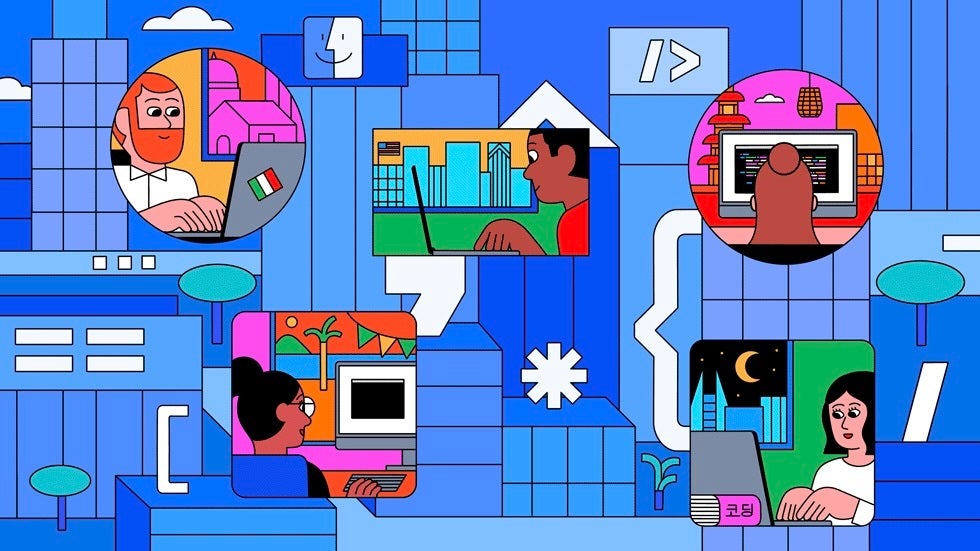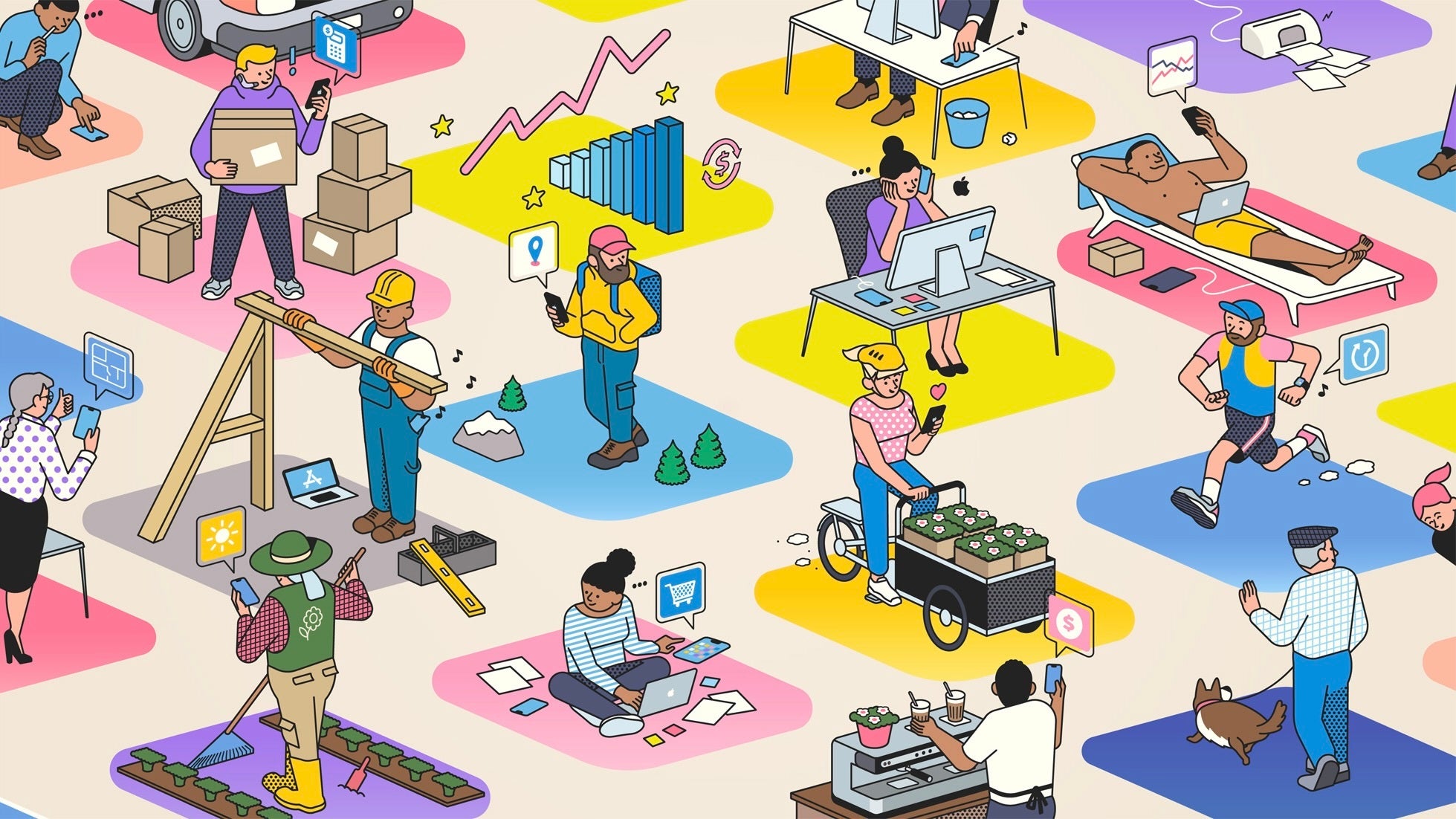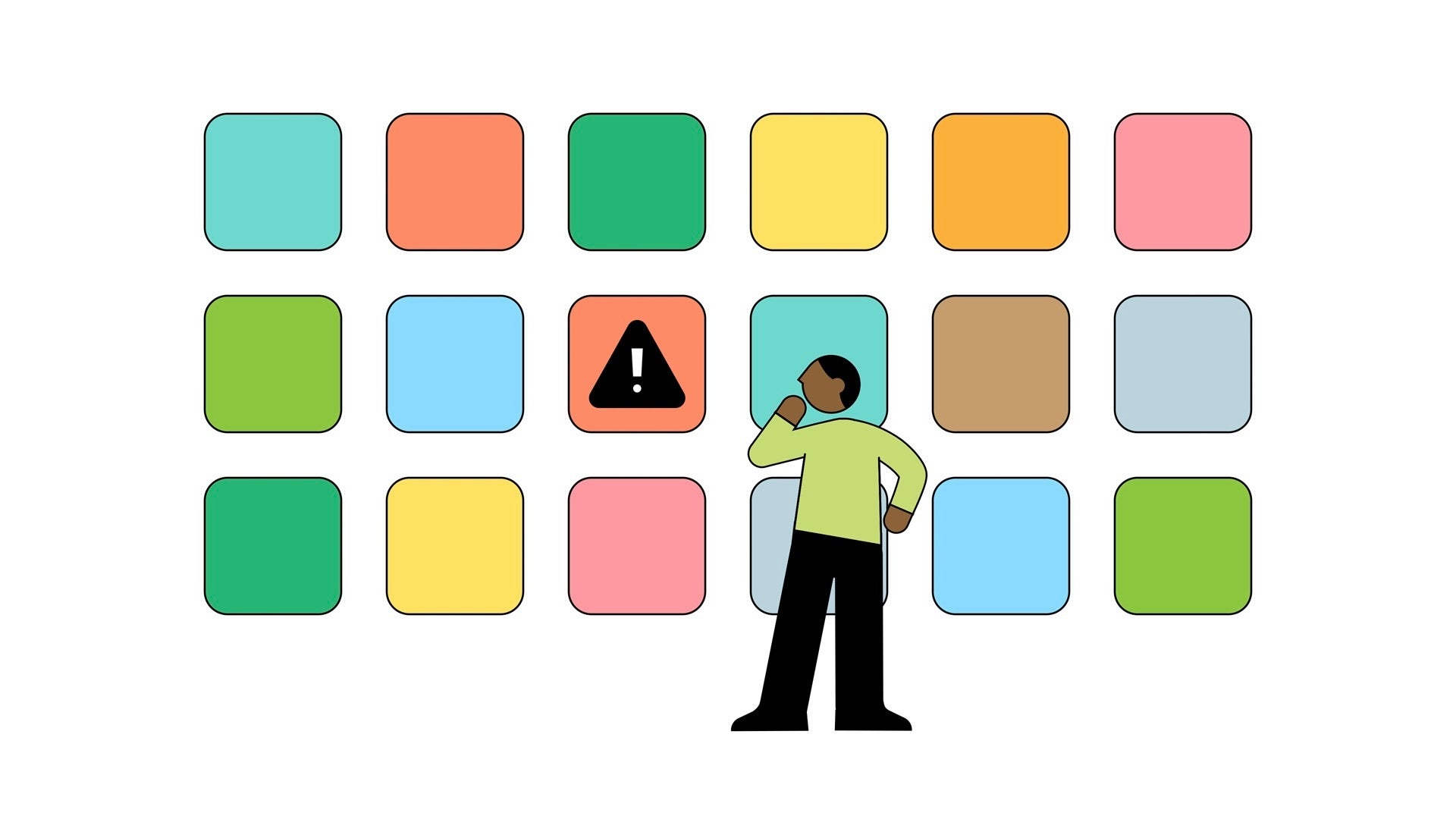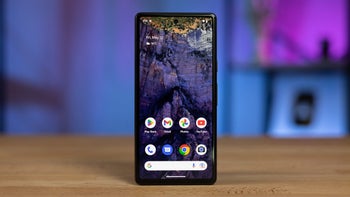Sideloading in iOS 17: Will Apple ever play fair and can the iPhone succeed if It does?
This article may contain personal views and opinion from the author.

Image Credit - Apple
However, during the main keynote, I could not help but wonder - why is there no mention of sideloading, the one thing I was genuinely excited about? For reference, the latter is a fancy way of describing the process of downloading software from third-party distributors. In the context of iOS, it means enabling the co-existence of Apple’s proprietary App Store and alternative third-party ones.

Image Credit - Apple
For better or worse, the European Commission knows a thing or two about regulating American tech giants and it is pressuring Apple to give up on one of its most anti-competitive practices. So much so that Bloomberg’s Mark Gurman claimed that sideloading would be introduced with iOS 17 - hence, my expectations.
Needless to say, this prediction did not materialize. This might not sound like a big deal at first, but, considering just how dominant iOS has become in recent years, I beg to differ. In this article, I will take a look at the sideloading conundrum that the Cupertino company is facing and what is truly at stake here.
Sideloading: Why is it Necessary?

Image Credit - Apple
Firstly, I need to explain as concisely as possible why the omission of sideloading functionality is problematic. Essentially, it all comes down to Apple’s current business model. After the death of Steve Jobs, the company began putting a heavier emphasis on services and, by extension, the App Store.
Consequently, this made preserving Apple’s grip over the software its users can access all the more important. What was once contentious (i.e. banning third-party software channels) is now a de facto cornerstone of design philosophy and a major source of profit.
However, lack of sideloading has a number of extremely negative implications for users. The main one is that it limits what they can do with their devices. The second one is that it can indirectly increase the amount of money they need to spend on apps.

Image Credit - Apple
The reason for this is that there is a sizable Apple ‘tax’ that any developer needs to pay if they want to make money using the proprietary App Store. Consequently, these costs are oftentimes ultimately paid for by the end user. In order to offset the Apple Tax, developers have to charge more - frankly, it is as simple as that. It should be noted that this is not unique to the App Store and that a similar arrangement (albeit to a lesser extent) exists in the world of Android through Google Play.
This has heavy consequences for market competition and for the developers, which are forced to play by Apple’s rules, because not doing so would entail losing access to billions of users. If this sounds anti-competitive, you are correct - the European Commission thinks so as well.
Sideloading: The Ultimatum and the Solution

Image Credit - Apple
This is why European regulators are trying to rein in Apple and put an end to this business model. Sideloading will do nothing but good for users and developers alike. In my view, it might also not be all that detrimental to the tech giant’s profits (more on that later). In fact, it will be infinitely more damaging for Apple to risk having the iPhone banned from what is currently the company’s second most important market.
The look on the senior vice president’s face says everything you need to know about sideloading. It makes Apple uneasy because it will have to reconsider one of its most definitive characteristics. Anti-competitive practices have a part to play in Apple’s power - it has learned how to monopolize people’s lives and become a billion-dollar company in the process.

Image Credit - Apple
The App Store is just one of countless examples - iMessage, the Lightning Port, the Apple Ecosystem. These are all different facets of the same problem. And none of them should be tolerated.
Apple and The Right Thing for Its Customer
So why exactly are third-party app stores not the right thing for Apple’s customers? The company has put forward many arguments over the years against sideloading, the majority of which boil down to the notion of security.

Image Credit - Apple
Basically, software downloaded from a third-party app store would not be monitored by Cupertino and would thus be a potential hazard. Admittedly, this is indeed a genuine concern. However, it is ultimately up to the customer to decide if they are willing to take a risk with their own device. Directly removing the option to do so is not and cannot be the solution.
Furthermore, the vast majority of users will likely never resort to third-party app stores in the first place. The iPhone is successful because it does what it does well and without any additional hassle. If Apple adjusts its App Store in accordance to the much-needed competition that sideloading will introduce to the ecosystem, the feature will never be a problem to begin with.

Image Credit - Apple
Only if Apple decides to continue to enforce unreasonable terms on developers (and users) will third-party app stores become an issue. This is why iOS 17 needed to implement sideloading - it will force the company to accept some form of competition in its ecosystem.
The lack of third-party app stores creates a perverse incentive for Apple to exploit the current status quo. By extension, all users (not only those who are not interested in sideloading apps) simply need to trust Cupertino to not abuse its position. Unfortunately, we all know just willing companies are to regulate themselves.









Things that are NOT allowed: